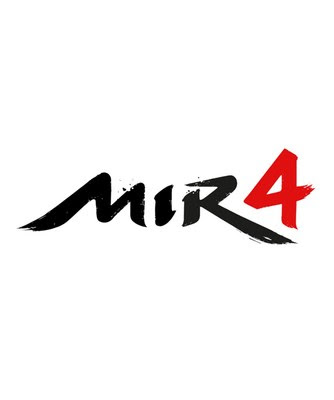تم الكشف عن محتوى PVP جديد للعشيرة ل !MIR4
سيول، كوريا الجنوبية، 28 يونيو 2022 — /PRNewswire/ سيتم الكشف عن محتوى PVP جديد من لعبة MIR4 ، وهو Bicheon Heist ، في 28 يونيو 2022.

“دافع عن Darksteel أو تعرض للسرقة!”
إضافة إثارة جديدة إلى قارة MIR Bicheon Heist كل يوم جمعة من الساعة 10 مساء حتى الساعة 11 مساء بدءا من 1 يوليو. تم فتح قبو Darksteel تحت الأرض في قلعة Bicheon ، ويجب على العشيرة التي تحكم قلعة Bicheon ، جنبًا إلى جنب مع حلفائها، الدفاع ضد مخططات Heisters الذين يسعون إلى نهب Darksteel من القبو. أفضل 20 عشيرة في الخادم غير متحالفة مع المدافعين قادرة على المشاركة كـ Heisters .
إذا دمر ال Heisters البوابة الحديدية التي تسد مدخل قبو Darksteel وهزم الوصي الرئيسي المهدد “ Cheol Mujin ” الذي يحرس Darksteel ، فستكون العديد من صناديق Darksteel ملكًا لهم. يمكن أيضًا الحصول على مكافآت إضافية مثل قطع الكنز الأسطوري والأحجار الصوفية والأحجار المظلمة التي تحتوي على المواد اللازمة لصياغة كنوز الروح الأسطورية.

كما تمت إضافة بعثات حصرية لمحتوى إكسبيديشن. يمكن للاعبين تجربة مهام أكثر تنوعًا عبر الخوادم وسيتلقون غنائم وفيرة للمساعدة في تقدم شخصياتهم أثناء إكمالهم لهذه المهام.
سيتم أيضًا تقديم بطل الرياح الأسطورية الجديد وهو Dark Crown ولي عهد Wooska خلال التحديث. بطل الرياح الأسطورية هذ صعب للغاية ومتخصص للغاية في الدفاع البدني. للاحتفال بإصدار Dark Crown ولي عهد Wooska ، ستصبح علامة تبويب استدعاء خاص متاحة حتى تحديث 26 يوليو. عندما يتم استدعاء الروح الأسطورية من خلال الاستدعاء الخاص خلال هذه الفترة، سيكون لدى اللاعبين فرصة بنسبة 100% للحصول على الروح الجديدة والبطل Dark Crown ولي عهد Wooska .
من معركتي إلى حربنا! يمكن العثور على مزيد من المعلومات حول MIR4 على الموقع الرسمي.
الصورة – https://mma.prnewswire.com/
الشعار – https://mma.prnewswire.com/
